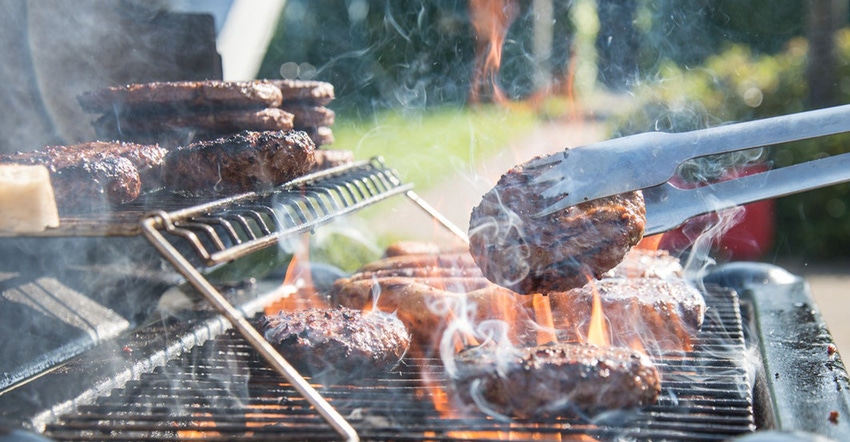
While 40% of all food is wasted throughout the year in the United States, a portion of that is attributed to holiday gatherings.
No specific figures estimate how much food is thrown away during Labor Day cookouts, but Americans on average waste 25% more between Thanksgiving and New Year's than at any other time during the year. And holiday waste isn't a reason to celebrate.
Republic Services recently published a series of tips and recommendations aimed at making gatherings more sustainable. The company pointed to a survey it conducted in 2020 which indicated more than half - or 58% - of Americans are interested in becoming more sustainable.
The company encourages consumers to research which items are recyclable in their communities. While plastic water bottles, jugs, aluminum cans, cardboard and paper products are typically recyclable, items vary by community. Keeping empty containers clean is key to reducing contamination. For parties, this means making sure a recycling bin is in plain sight and informing guests not to throw plastic utencils and dirty paper plates don't make their way into the bin.
Eliminating single-use dishware is a way to avoid contamination. While it's convenient, paper plates and plastic utensils create significant waste and contaminate recycling bins for those who "wish cycle."
Real dishware has its benefits. "Not only does this sustainable step elevate the presentation of your food, but it will also impress your guests and you’ll be keeping those unnecessary paper plates and plastic utensils out of a landfill," the company states.
Consumers should be aware of the containers they are choosing. Aluminum cans have their benefits and many beverages can be purchased in cans including beer, soda and even water. Republic Services points to the fact that "making a new can from recycled aluminum uses 95% less energy than making the same can from raw materials."
While most outdoor grills use charcoal or gas, gas and electric grills burn cleaner than charcoal, producing a smaller carbon footprint, according to the company.
Lastly, Republic Services tackles the issue of food waste. The company points to composting to minimize landfill waste. A separate bin for food scraps can encourage guests to throw away leftovers that could be used to promote healthy soil and contribute to a more circular economy.
"Before you start composting, make sure you understand which items and materials should be composted and how best to keep your compost balanced," the company states. "Generally, you can compost items like coffee grounds, fruits and vegetables, eggshells, tea bags, nutshells, yard waste, leaves, and more. Typically, you can’t compost fats, meats, or dairy products."
About the Author(s)
You May Also Like




